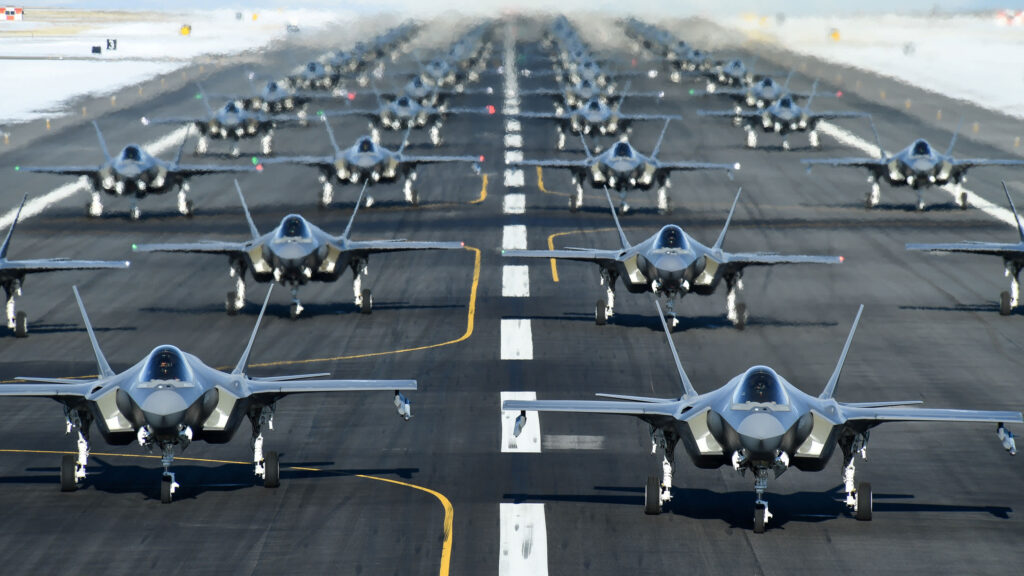Despite the setback in Kerala, the U.K. has decided to expand its F-35 fleet. In a press release, the British government announced plans to procure 15 additional F-35B aircraft. As part of a broader initiative to enhance national security, the U.K. will first acquire 12 F-35A fighter jets to participate in NATO’s nuclear-capable aircraft mission.

In the next phase, the U.K. will purchase a mix of 12 F-35A and 15 F-35B jets, with further options under review through the Defence Investment Plan. The country’s long-term acquisition target remains at 138 F-35 aircraft under the current programme. This marks the most significant reinforcement of the U.K.’s nuclear posture in decades.
Security of Grounded Jet Under Scrutiny
Ben Obese-Jecty, Conservative MP for Huntingdon, raised the issue of the grounded aircraft in the U.K. Parliament on June 30. He highlighted that the F-35B has been stranded in India for over two weeks and questioned the government on efforts to recover the aircraft and safeguard its sensitive technology.
Responding in the House of Commons, Minister for the Armed Forces Luke Pollard assured that the aircraft is under continuous U.K. supervision, with Royal Air Force personnel guarding it round the clock. He affirmed that the jet’s security remains intact.
Repair Details to Remain Confidential
The British government has confirmed that no public details will be disclosed regarding the maintenance or repair of the F-35B in Kerala. Discussions with Indian authorities are also being kept confidential.
An expert U.K. team is expected to arrive soon to address the technical faults and conduct required safety checks. The aircraft is anticipated to rejoin the Royal Air Force once it is restored to operational condition.
Part of Joint Naval Exercise
The stranded aircraft was part of a joint military exercise involving the Indian Navy and the U.K.’s Carrier Strike Group (UK CSG25) in the western Arabian Sea on June 1. The jet’s unexpected landing and prolonged stay in India have added an unusual twist to the bilateral military collaboration.
